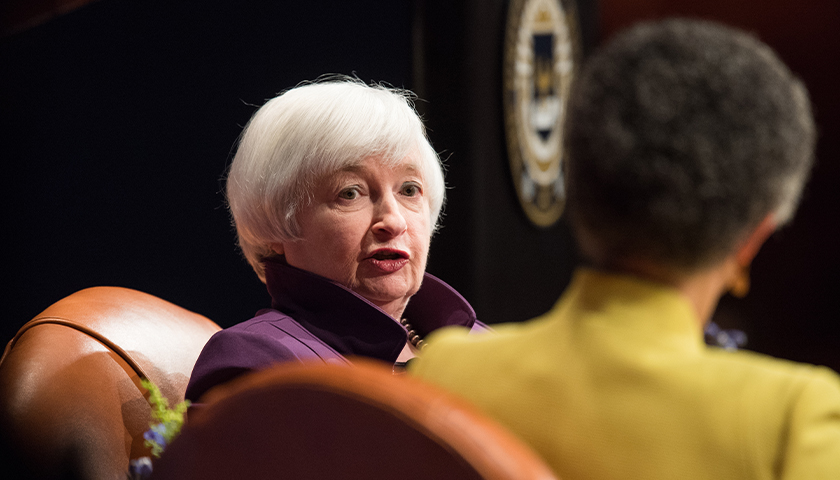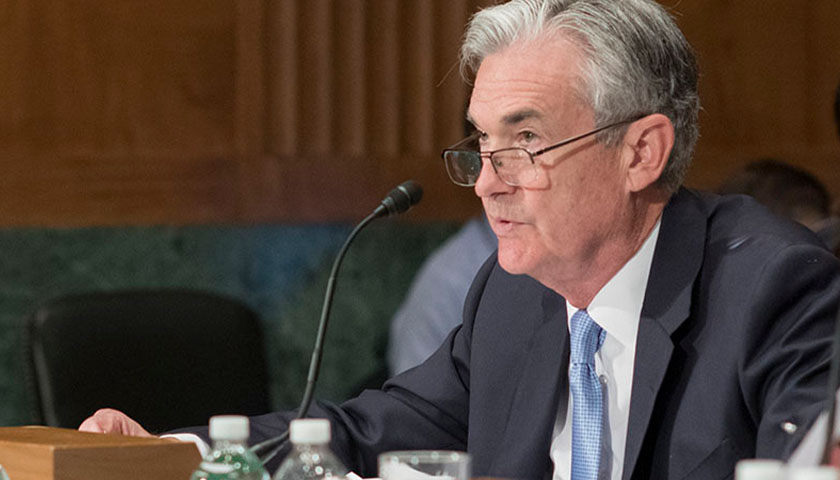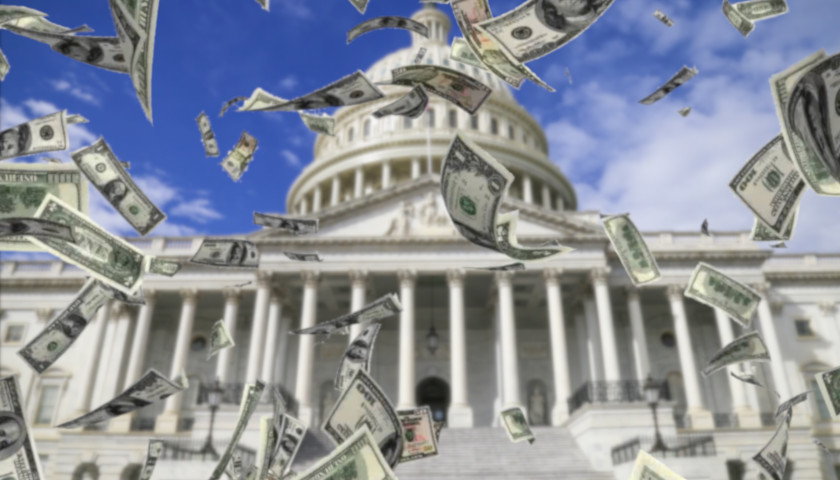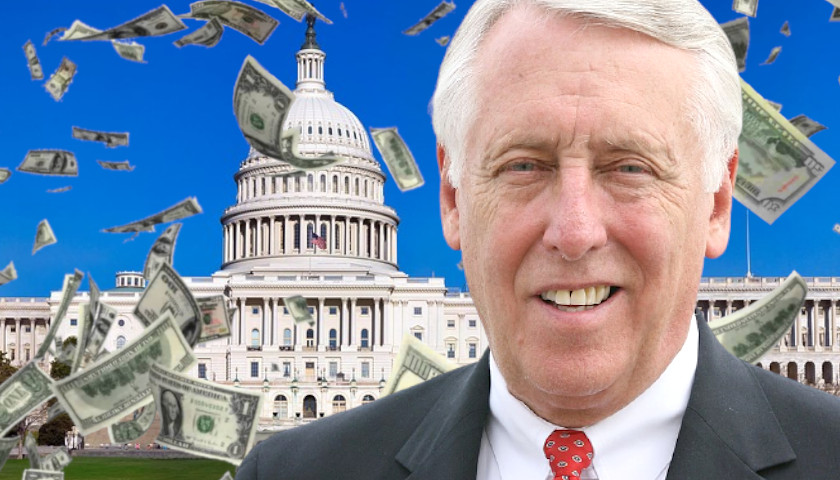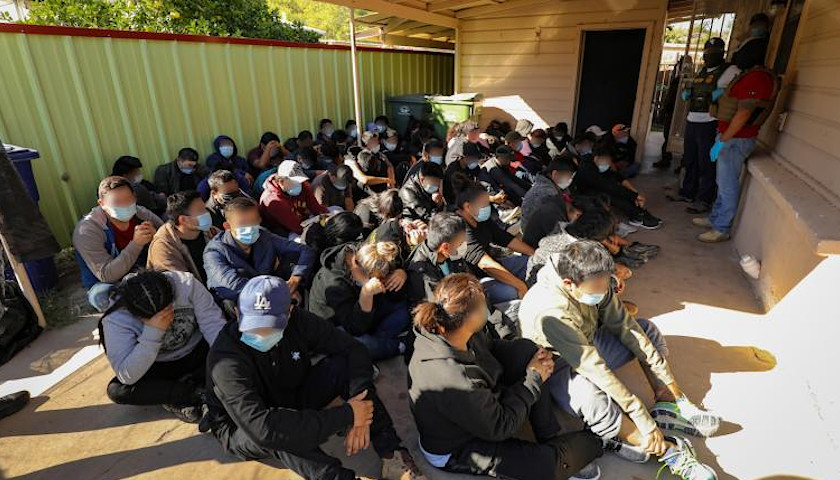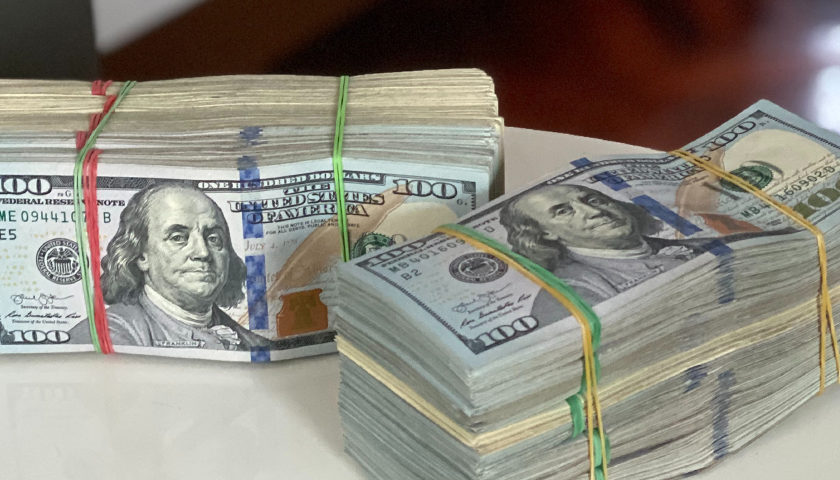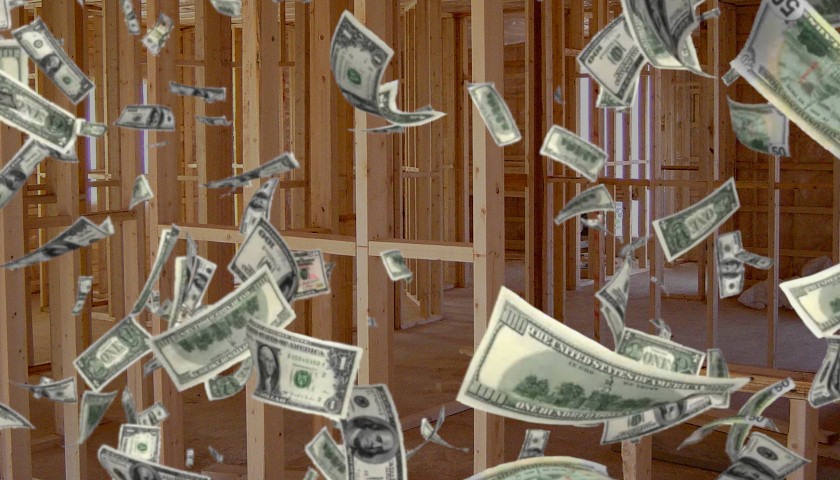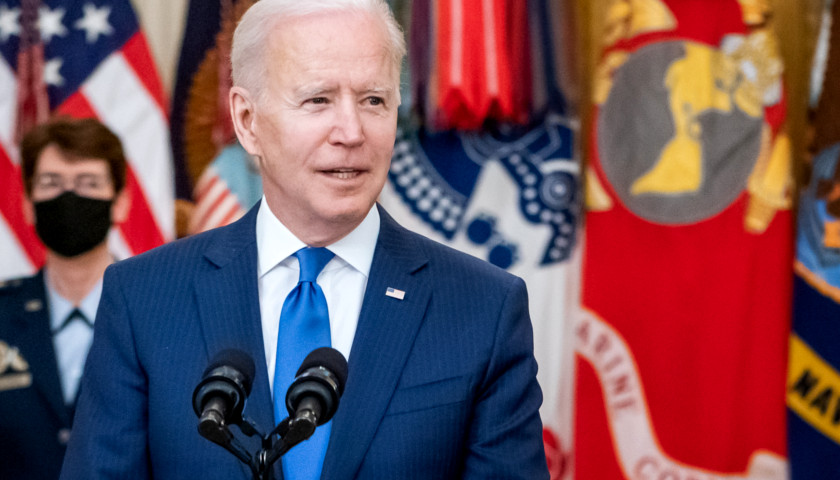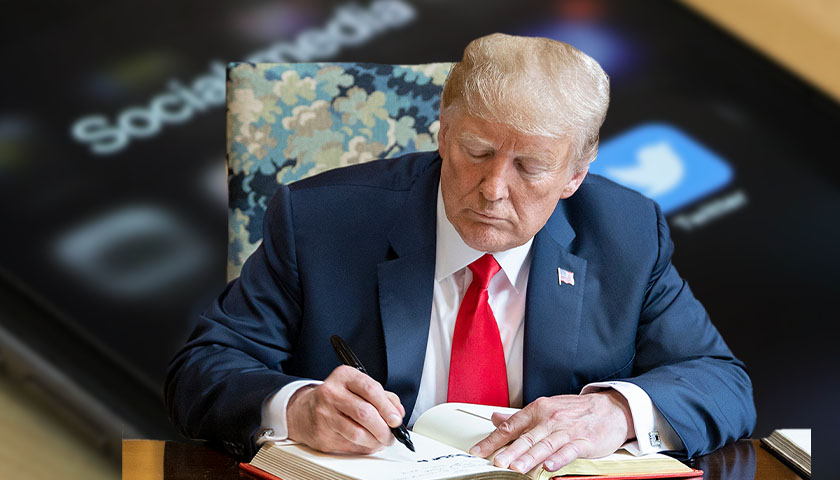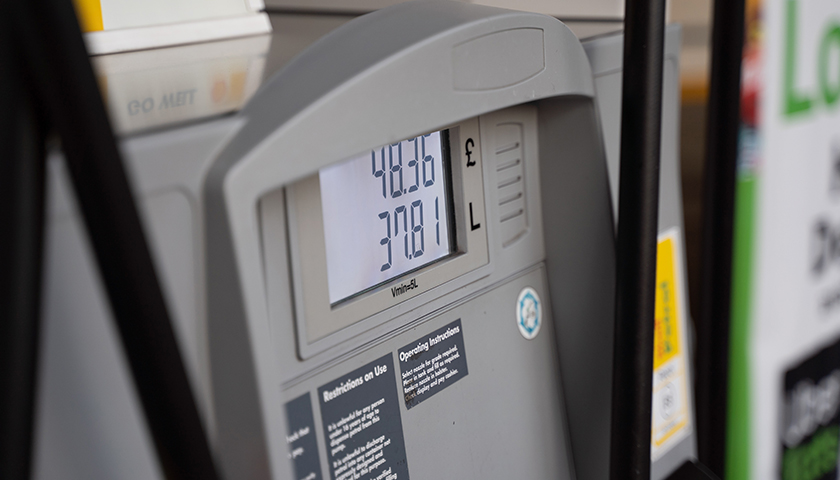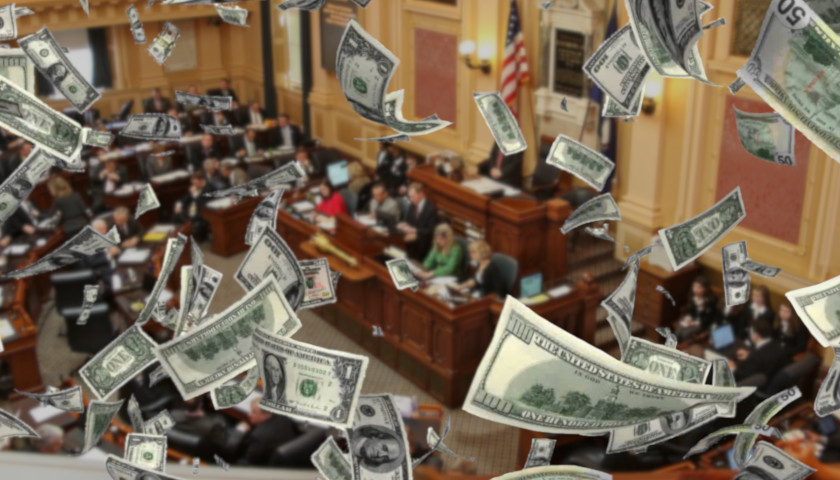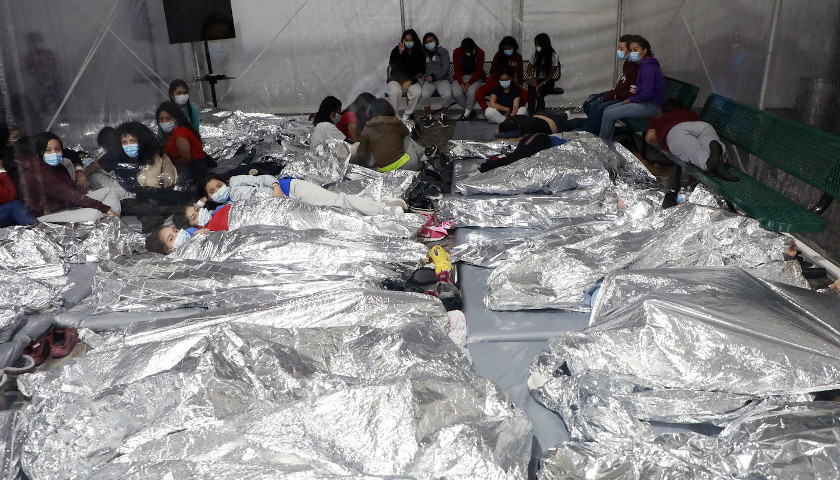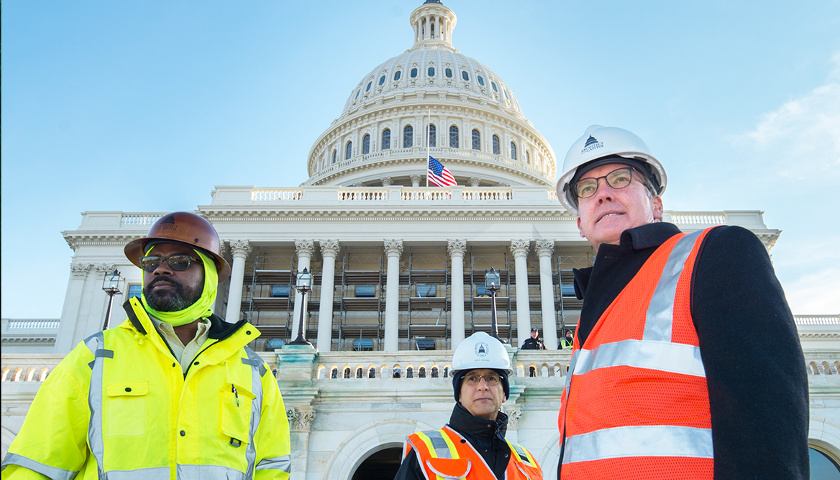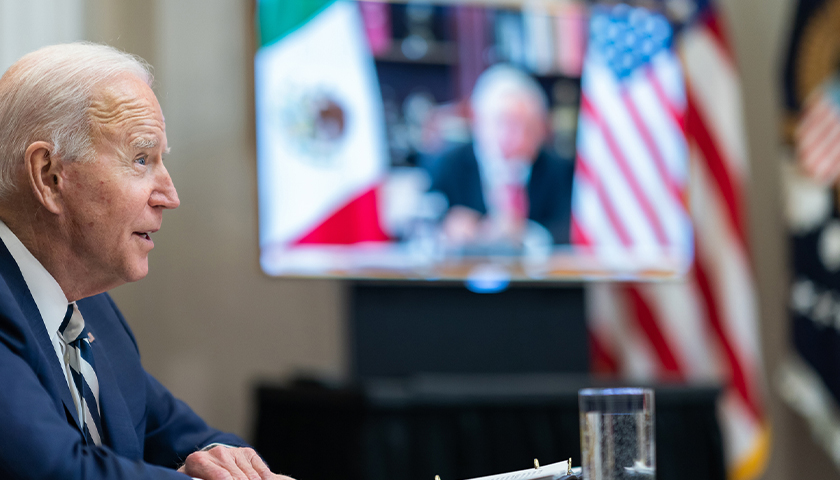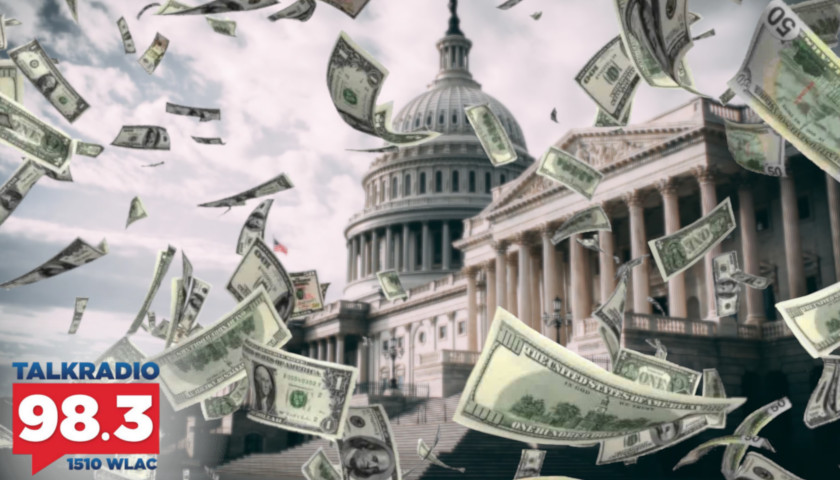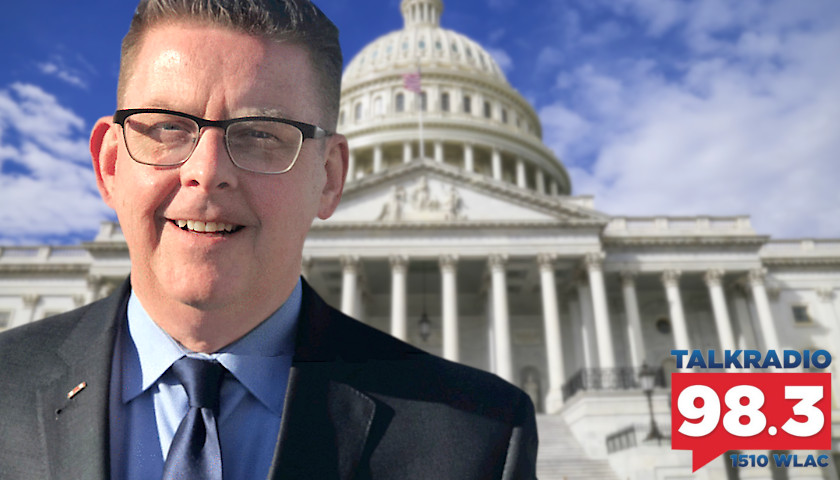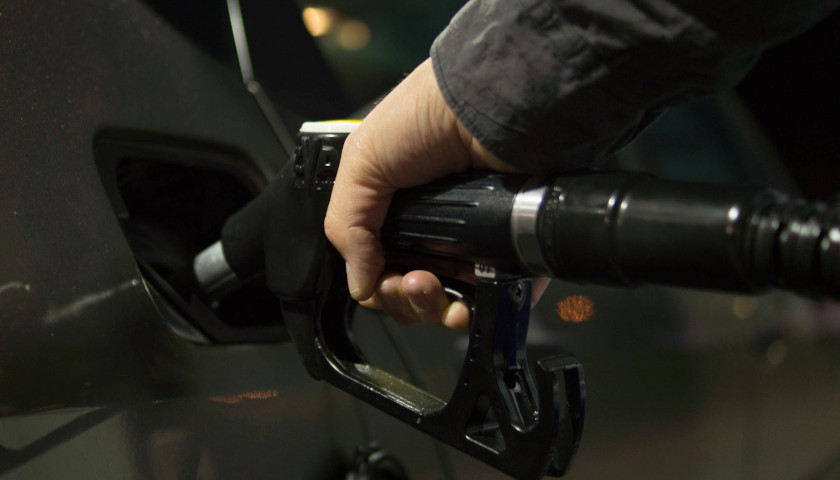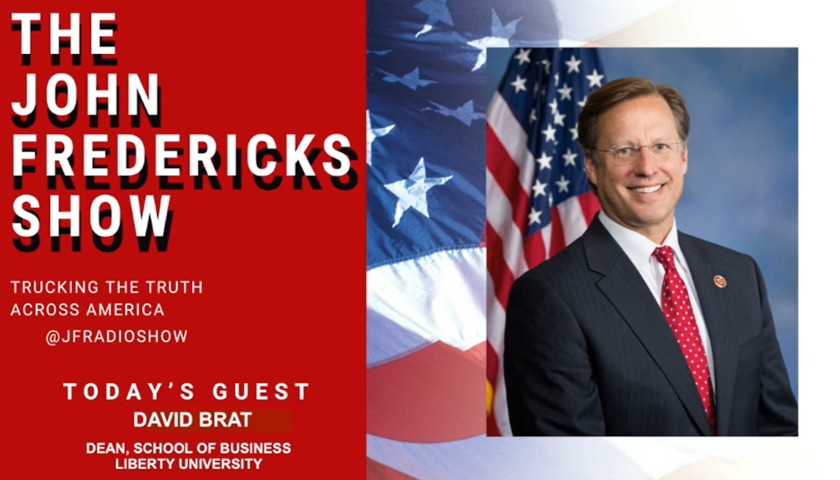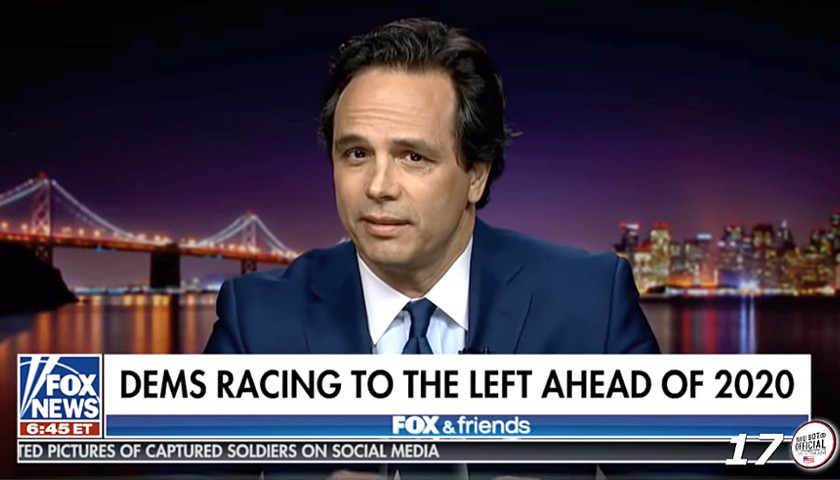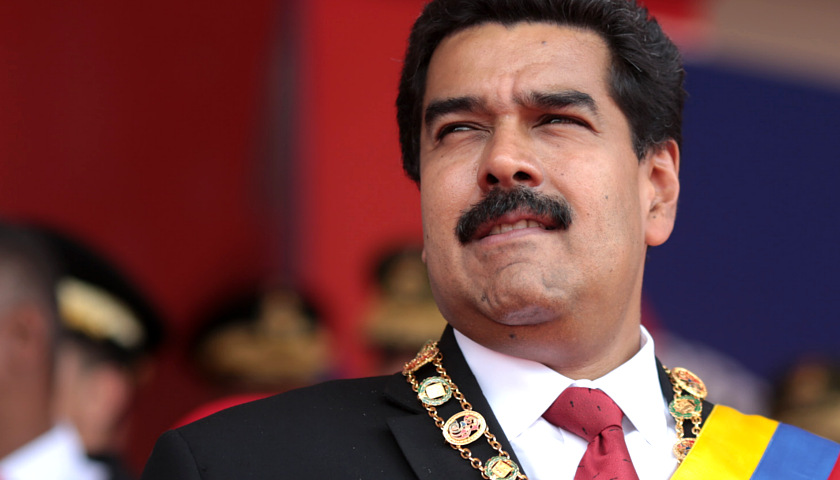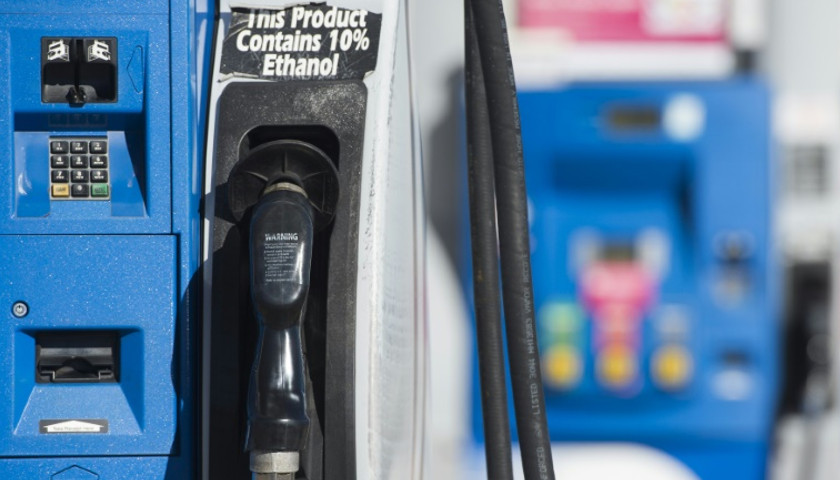A consumer price measurement used by the Federal Reserve to track inflation spiked again in June and hit its highest level since 1991, government data showed.
The personal consumption expenditures (PCE) price index increased 4% over the 12 months between July 2020 and June, according to a Bureau of Economic Analysis report released Friday. Excluding volatile energy and food prices, the index spiked 3.5% in that same 12-month period.
The index increased 0.5% in June, in line with economists’ forecasts, CNBC reported.
“Inflation has increased notably and will likely remain elevated in coming months before moderating,” Federal Reserve Board Chair Jerome Powell said during a press conference this week. “As the economy continues to reopen and spending rebounds, we are seeing upward pressure on prices, particularly because supply bottlenecks in some sectors have limited how quickly production can respond in the near term.”
Read the full story


